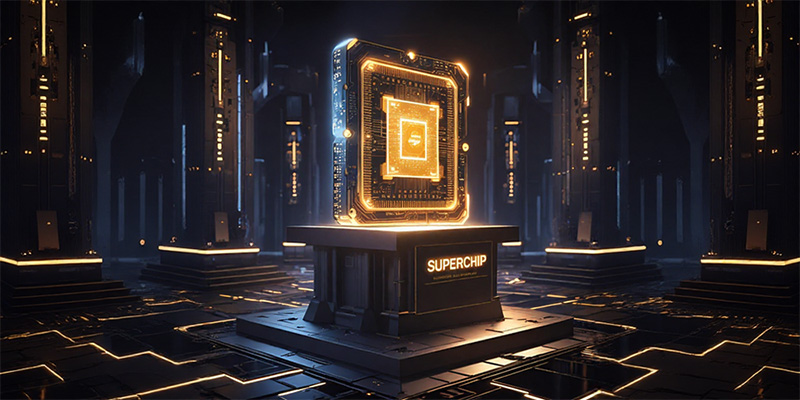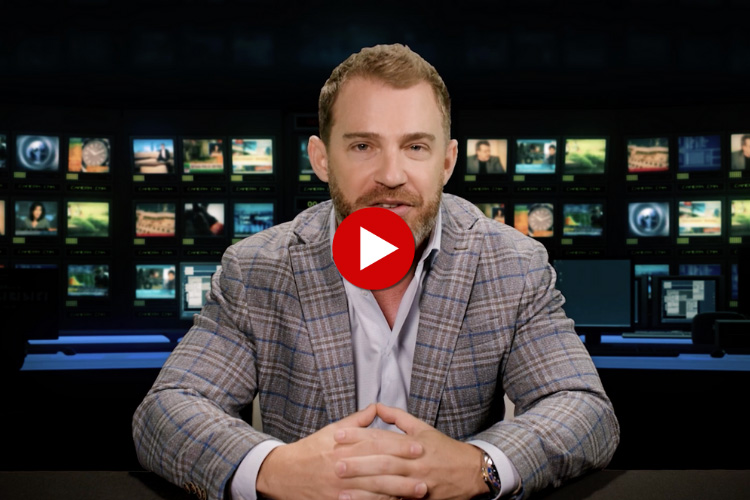Trading can be a very lucrative career. Every day, millions worth of liquidity moves to different traders and brokers. Futures is one of the most popular options to trade next to stocks and forex. However, to succeed in trading, you need the right knowledge to avoid the pitfalls that have led many to lose their money. This futures trader education series hopes to enlighten you on all trading aspects.
What Is Futures?
Futures, as the name would denote, are contracts executed at a future time. It is a contract that two entities agree upon.
For example, a farmer selling wheat will need three months to harvest his crop of wheat. He wants to lock in the wheat’s value at $10,000 even though he cannot sell it right now. He worries that in the future, the prices of wheat might go down. In this case, the farmer is the producer/seller of the commodity.
On the other end, we have the manufacturer, who needs the wheat to create bread. He also knows that he has to wait for three months before the wheat’s harvest. He worries that his product’s price might go up in the next three months, so he wants to lock in the price of $10,000.
To protect their interests, the two parties agree by locking the price of $10,000 in a contract. By creating this contract, they prevent the risk of prices going higher or lower. The contract which executes in the future is a Futures Contract.
In three months, the contract will go to the execution date, which is an important factor in futures trading. We’ll get into more of that later on.
What Is Futures Trading?

While the contract goes on its steady pace until the execution date, many things can happen before the transaction completes. Futures trading occurs in the three months that pass before execution. Both sides can sell their part of the contract during this time so that they earn more money.
For example, after a month, the wheat, which locked in at $10,000, is now valued at $30,000. If the manufacturer sells his side of the deal, he triples the money he put in, pocketing the difference. The trading happens because of the price changes that occur with the product as the contract is still on hold.
An Introduction to the Broker
Futures trading allows you to profit from these contracts even if you are not a seller or manufacturer. You do so by using a broker. A broker is a separate entity that acts as an intermediary between a trader and security. They are a requirement as they are the ones approved to handle the orders on your behalf. Choosing the right broker will help you profit in trading, but we’ll discuss that in a later post.
You buy and sell contracts through a broker. These brokers have online platforms that allow you to place trades. This platform will have a chart of the futures contract. You have the option to buy or sell with a simple press of a button. Their platform makes it easier to navigate and monitor through your trades.
Brokers also have access to many contracts which you can browse through. Later on, you will learn how to choose the right contracts to trade to increase your chances of success. Stay tuned for more of our futures trader education posts.






2 Comments
August 31, 2021 @ 2:54 am
If it wasn’t for Joshua’s program I wouldn’t know all I know in 30 days time it’s amazing how fast I’m picking up on this, futures trading is the future game of my life
September 2, 2021 @ 3:04 am
Hi Jaysen. Thanks so much for leaving us such an amazing comment! Nothing makes us happier than seeing our students get it and run with it. Happy Trading!